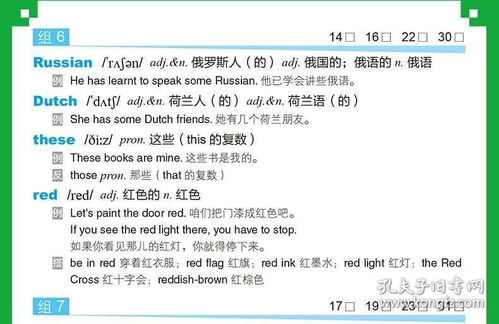图书情报学科主要英文期刊有哪些
Title: Essential English Vocabulary for Library and Information Science
Introduction:
Library and Information Science (LIS) is a field that deals with the organization, management, and retrieval of information. A strong foundation in English vocabulary is crucial for professionals in this field to effectively communicate, comprehend, and navigate the various aspects of their work. In this article, we will explore some essential English vocabulary related to library and information science.
1. Cataloging and Classification:
1.1 Cataloging: The process of creating bibliographic records for library materials, including books, periodicals, and audiovisual materials.
1.2 Classification: The systematic arrangement of library materials into categories based on their subject or content. It helps users locate resources efficiently.
1.3 Dewey Decimal Classification (DDC): A widely used numerical system for classifying library materials based on subject categories.
2. Reference Services:
2.1 Reference Desk: The area in a library where librarians provide assistance, answer questions, and help users find relevant resources.
2.2 Information Retrieval: The process of accessing and obtaining information from various sources, such as databases, online catalogs, or search engines.
3. Collection Development:
3.1 Collection: A group of resources, such as books, periodicals, and multimedia materials, available in a library.
3.2 Acquisitions: The process of obtaining new materials and adding them to the library's collection.
3.3 Weeding: The process of removing outdated or obsolete materials from the collection to maintain its relevancy and usefulness.
3.4 Interlibrary Loan: The service that allows users to borrow resources from other libraries that are not available in their own library.
4. Digital Resources:
4.1 Electronic Resources: Resources in digital format, such as ebooks, ejournals, and databases, accessible through computers or mobile devices.
4.2 Open Access: The concept of making scholarly research freely available to the public online, without subscription fees or paywalls.
4.3 Digital Preservation: The process of ensuring the longterm accessibility and usability of digital materials, including digitized books or documents.
5. Information Literacy:
5.1 Information Literacy: The ability to effectively find, evaluate, and use information for various purposes, such as academic research or personal knowledge.
5.2 Database Searching: The process of using search strategies and techniques to retrieve relevant information from online databases.
6. Library Management:
6.1 Library Director: The person responsible for overseeing the operations and administration of a library.
6.2 Budgeting: The process of planning and allocating financial resources for library expenses, such as collection development, staff salaries, and facility maintenance.

6.3 Staff Training: The process of equipping library staff with the necessary skills and knowledge to perform their duties effectively.
Conclusion:
A comprehensive understanding of the vocabulary related to library and information science is essential for professionals in this field. This article has provided a brief overview of some key terms that are commonly used in the industry. By familiarizing oneself with these terms, professionals can improve their communication skills, better serve library users, and navigate the everevolving landscape of information management.











